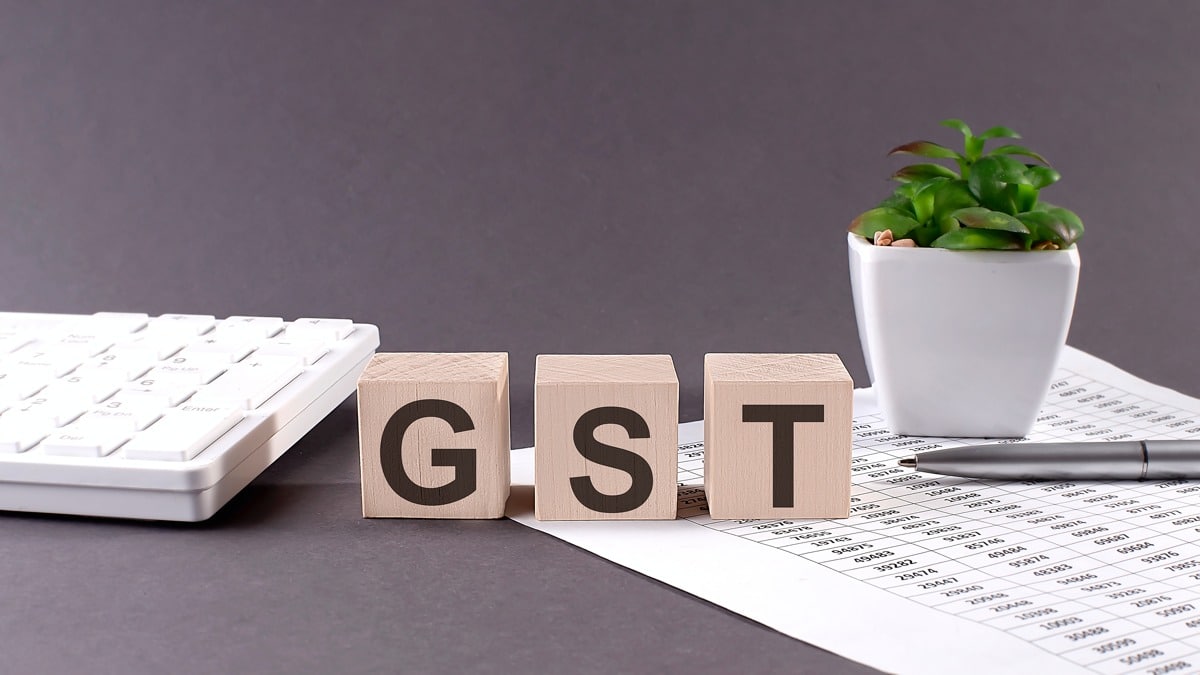In this guide
When it comes to the rules and requirements around registration for the goods and services tax (GST), there’s a broad range of issues for trustees of self-managed super funds to consider.
It’s important for SMSF trustees to be aware of these rules and understand when they may be required to formally register their fund for GST purposes.
Whether that be on the initial establishment of the fund or at a later date when the fund’s position may have changed, SMSF trustees need a good understanding not just of the rules but also the process of registration.
If you use a professional to assist with your SMSF administration, they should let you know when a GST registration obligation arises.
What SMSF income isn’t included in GST turnover?
Most SMSFs are not required to register for GST as income the fund receives from investments including dividends from shares, interest on bank accounts and term deposits, and rental income from residential property, are outside the GST system.
These forms of income are referred to as ‘input taxed’ and are not included in the calculation of ‘GST turnover’.
The GST turnover of an entity is used to determine whether that entity is required to register for GST. It includes the total amount of sales and income over a 12-month period.
Keep in mind that input taxed transactions, including those mentioned above and those transactions that are most relevant for SMSFs, are not included in GST turnover calculations. Neither is SMSF income that relates to contributions that are made to the fund.
Annual GST turnover limit
Where an SMSF has an annual GST turnover of more than $75,000, the fund must then register for GST. This annual amount is based on the ‘expected’ GST turnover over a 12-month period.
Keep this in mind where your SMSF’s GST turnover is not yet at the $75,000 limit but you expect it will be over a 12-month period, as this will then require you to register your fund.
SMSF trustees therefore need to keep this in mind as their fund’s position changes over time. It may be that your SMSF is not required to register for GST on the initial establishment of the fund, but as the underlying investments or income levels change, you may need to register for GST.
If you establish your SMSF and believe that your fund’s GST turnover will exceed the $75,000 limit, then you need to register your SMSF for GST as part of the fund’s establishment process. You will essentially have a 60-day period to apply for an Australian Business Number (ABN) and include the required GST registration application.
What SMSF income is included in GST turnover?
As mentioned, most SMSF transactions are excluded from the calculation of GST turnover. So, what type of income could push your fund above the $75,000 GST turnover threshold?
Income or rent received on commercial property owned by a SMSF is included and it would not be uncommon for rent on a commercial property to exceed the GST turnover limit.
There are other less common examples of SMSF transactions where the income received needs to be included in the GST turnover calculation. These include:
- Income received on the leasing of equipment owned by a SMSF, for instance farming equipment or the like
- Income received on certain personal use/collectable assets, and taxi and fishing licences that are owned by the SMSF.
If you acquire any of these types of assets through your SMSF and the expected income from those assets exceeds the GST turnover limit, then you will need to register your fund for GST.
The ATO has some handy information that can be used to assist with GST registration, whether this be at the time the SMSF is initially established, or later when the fund’s circumstances change.
2026 SMSF calendar
"*" indicates required fields
You can view this information here.
The bottom line
This article is designed to cover the requirements around SMSFs registering for GST, but there are other issues that may need to be addressed around the collection and reporting of GST to the ATO. As these issues are quite often fund specific, you should discuss your own fund’s requirements and obligations with your tax professional.
The information contained in this article is general in nature. Your personal position has not been taken into consideration. You should seek personal advice before taking any action.



Leave a Reply
You must be logged in to post a comment.